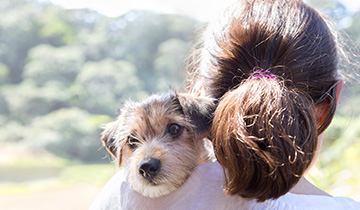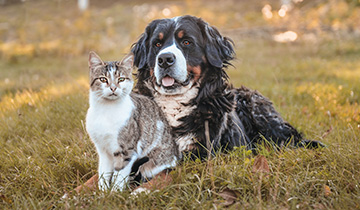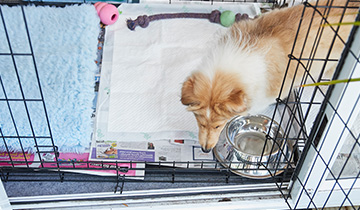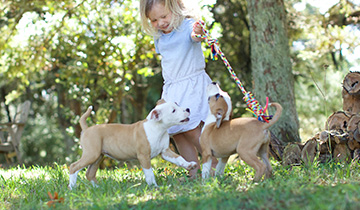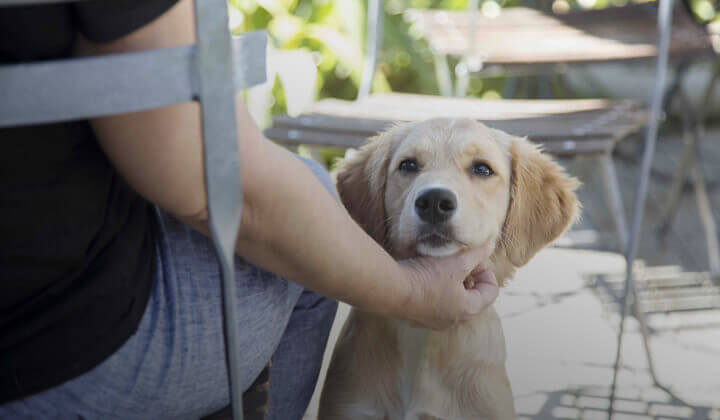We're proud to be partnered with Mark Vette, a renowned Animal Behaviourist, Zoologist & Trainer. Mark has created the below articles for us using his wealth of knowledge from over 40 years of clinical animal behaviour consulting and treatment. The views expressed in these articles are his own.
Mark Vette
Outdoor enrichment
![Outdoor enrichment]()
![Warm weather dog-walking routines]()
![Showcase your bond with your pet]()
![Great cat photo tips]()
![Great dog photo tips]()
![Introducing a new pet to an existing pet]()
![Dog Behaviour for beaches and parks]()
![Summer Enrichment ideas for cats]()
![Summer heat and pet behaviour]()
![Preparing your pet for summer holidays]()
![Everything you need when getting a puppy]()
![Everything you need when getting a kitten]()
![Changing your dog walking routine as the weather warms up]()
![Spring shedding and grooming]()
![Outdoor enrichment ideas as the weather warms up]()
![How to prevent cat anxiety]()
![How to prevent anxiety in dogs]()
![Managing anxiety in cats]()
![Managing anxiety in dogs]()
![How to help your pet cope with a sudden schedule change]()
![Guide to Labradors]()
![How to stroke your cat]() Mark Vette
How to prevent your cat from hunting
Mark Vette
How to prevent your cat from hunting
![How to prevent your cat from hunting]() Mark Vette
Training a dog that is not food motivated
Mark Vette
Training a dog that is not food motivated
![Training a dog that is not food motivated]() Mark Vette
Maintenance training tips for adult dogs
Mark Vette
Maintenance training tips for adult dogs
![Maintenance training tips for adult dogs]() Mark Vette
Bringing an older pet into your home
Mark Vette
Bringing an older pet into your home
![Bringing an older pet into your home]() Mark Vette
Keeping your pet happy when it is hot out
Mark Vette
Keeping your pet happy when it is hot out
![Maintenance training tips for adult dogs]() Mark Vette
10 things you must do when you get a puppy
Mark Vette
10 things you must do when you get a puppy
![10 things you must do when you get a puppy]()
![How to choose the right pet for your lifestyle]()
![5 things to do when you bring home a new kitten]()
![How to house train your puppy]()
![Nip puppy biting in the bud]()
![How to train a dog with challenging behaviours]()
![How to house train a kitten]()
![Prevent dog begging/grabbing unsafe things]()
![Puppy dog eyes are hard to resist]()

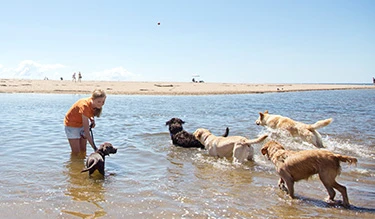
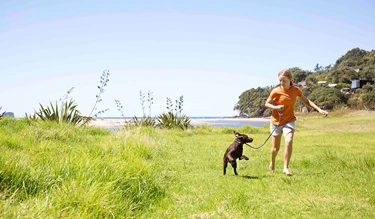

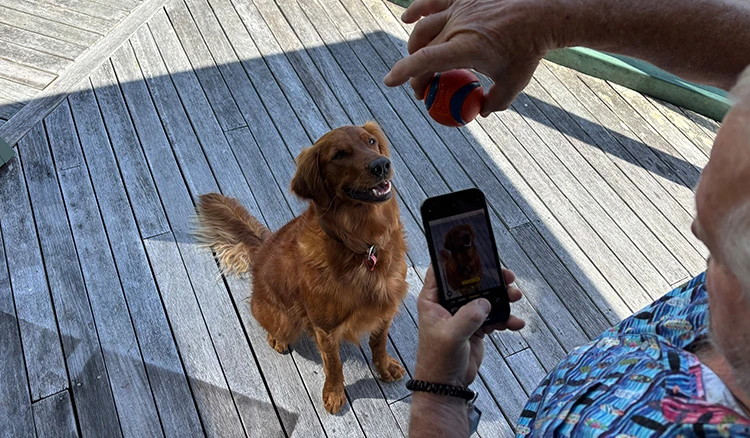

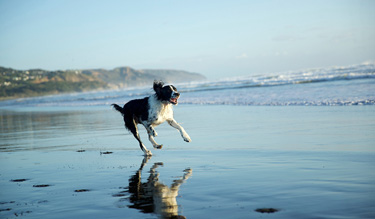


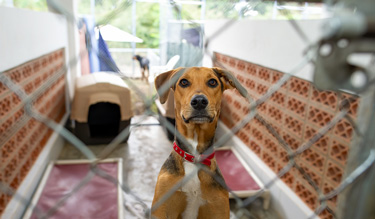
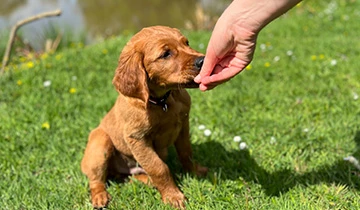
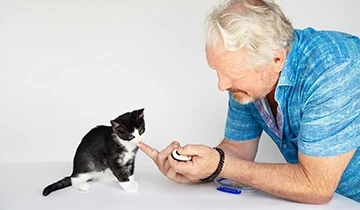

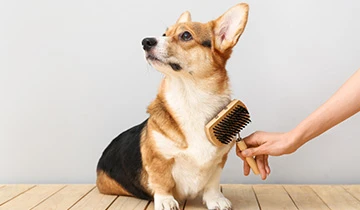



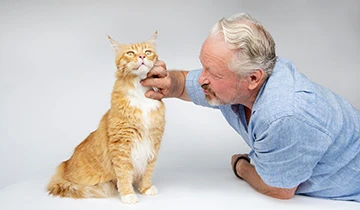
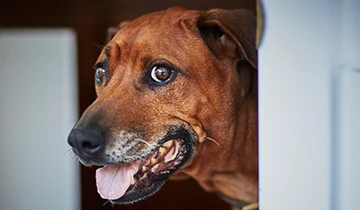
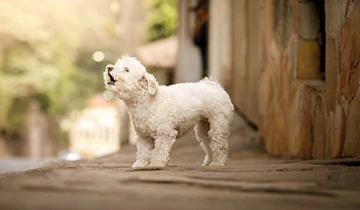

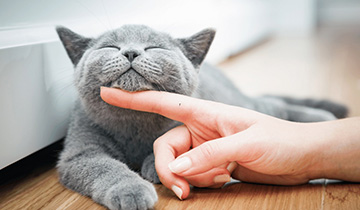 Mark Vette
How to prevent your cat from hunting
Mark Vette
How to prevent your cat from hunting
 Mark Vette
Training a dog that is not food motivated
Mark Vette
Training a dog that is not food motivated
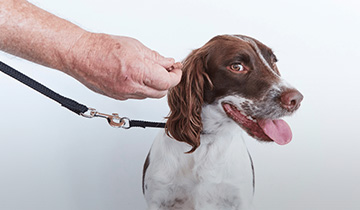 Mark Vette
Maintenance training tips for adult dogs
Mark Vette
Maintenance training tips for adult dogs
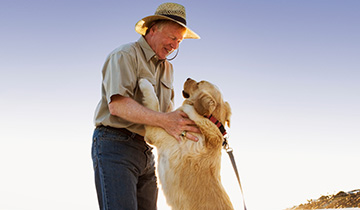 Mark Vette
Bringing an older pet into your home
Mark Vette
Bringing an older pet into your home
 Mark Vette
Keeping your pet happy when it is hot out
Mark Vette
Keeping your pet happy when it is hot out
 Mark Vette
10 things you must do when you get a puppy
Mark Vette
10 things you must do when you get a puppy
